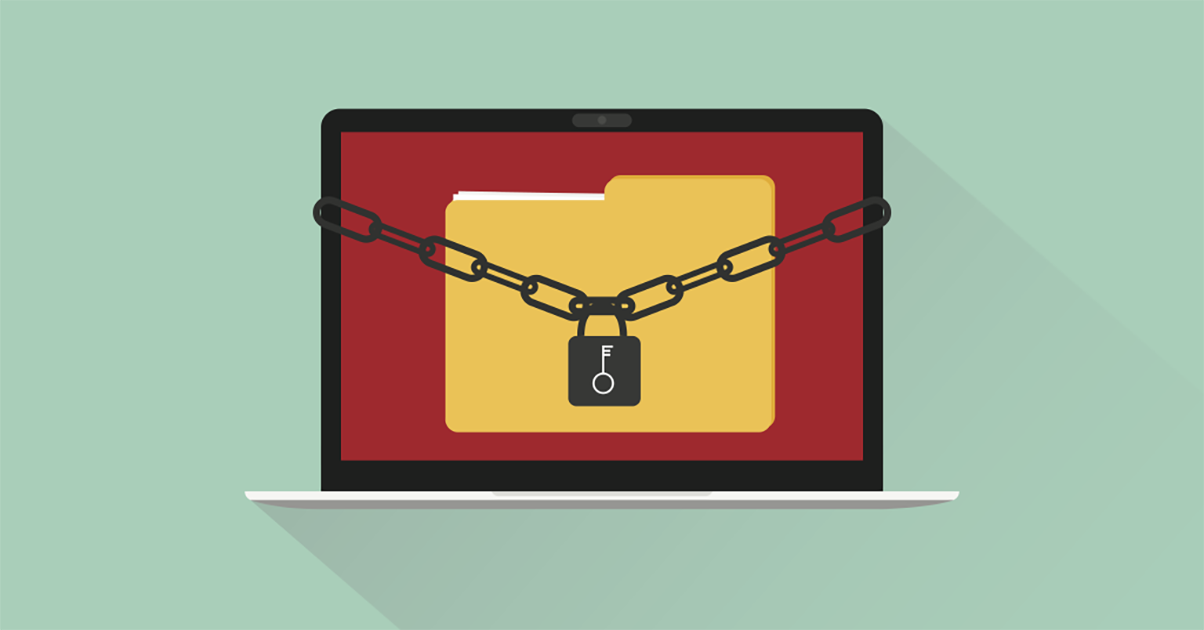Web-based cryptominers are malware

Credit to Author: Bill Brenner| Date: Tue, 19 Dec 2017 16:50:40 +0000
Cryptominers running in a browser without an organization’s consent are parasitic and should be considered malware<img alt=”” border=”0″ src=”https://pixel.wp.com/b.gif?host=news.sophos.com&blog=834173&post=44653&subd=sophos&ref=&feed=1″ width=”1″ height=”1″ /><img src=”http://feeds.feedburner.com/~r/sophos/dgdY/~4/LspUwUi25_k” height=”1″ width=”1″ alt=””/>
Read More

